The sweet smell brings a smile to my face. I always open the first bale of silage in trepidation. Granted, the first bale is hardly representative of the 500 but just as the first round of the cornfield with the combine gives a useful clue as to what the rest will be like, so it is with the silage bales.
If you get a sweet and dry first bale, it’s looking good.
It’s a big event opening the first bales of the season - the fruits of the summer past. It signifies the end of the grazing season and the onset of winter.
The morning walk around the grass fields is finished for another year and soon all the cattle will be confined to the yard.
But the pleasure of herding has long since disappeared this year.
It has become a very unfair split between suckler farmers and dairy farmers as those with fragmented farms are precluded from dairying
Our fields have been wet for the past month and now they are just a mess, a full month earlier than usual. But not only that, between low beef prices and the difficulty in getting cattle killed, it’s been a year to forget - if you’re allowed that luxury.
This autumn has undoubtedly caused a lot of genuine distress – if not hardship – to beef farmers and for many I think it’s probably a watershed year.
Between Brexit and Mercosur and all this spin about cattle and global warming, I think beef, as we know it, is practically finished.
Struggle
It will struggle on pathetically for a few more years and a lesser-quality dairy beef will fill the vacuum. And I write these words with deep regret.
The Government has failed to support our oldest and most indigenous industry, choosing to ignore its painful dying screams for help. It’s clearly Government policy to sacrifice the suckler cow in favour of the dairy cow with their huge fertiliser and feed demand.
How sustainable is our dairy production? I would have thought our beef industry was much more sustainable and the decline in suckler beef production is and will drive more farmers into milk production.
One wonders how impartial Teagasc is in this regard, given its high level of State funding.
It has become a very unfair split between suckler farmers and dairy farmers as those with fragmented farms are precluded from dairying. These guys have a right to a decent living from suckler beef production.
The suckler beef industry is, and has been, the lifeblood of rural Ireland.
When you take that away, you effectively close doors in rural communities – doors that may never reopen as young people migrate to well-paid jobs on the eastern seaboard of Ireland and elsewhere. Family farms will be set or maybe switch to dairy– if suitable - or planted with trees.
Tillage work
Unfortunately, the scene in the tillage fields is also a bit bleak in the short term. With over 300mm of rain since 1 August, the fields are too wet for fieldwork.
Most of our stubbles have been min-till cultivated and it’s unlikely that they’ll dry out enough now for sowing. Neither is it possible to plough these cultivated fields as a last resort, not that I think I would.
Traction would be an issue on the looser soil surface. We have practically no winter barley sown but this doesn’t particularly worry me. Spring barley isn’t that far behind it yield-wise nowadays. However, we have to get at least some of the planned winter wheat sown.
I have no idea at the present time how this will miraculously happen. Oh, that an orderly Brexit in our favour might be the same. That would bring a smile to all our faces.
Read more
Farmer Writes: the curious incident of the Horsch drill in the field
Farmer Writes: raw milk and wet weather
The sweet smell brings a smile to my face. I always open the first bale of silage in trepidation. Granted, the first bale is hardly representative of the 500 but just as the first round of the cornfield with the combine gives a useful clue as to what the rest will be like, so it is with the silage bales.
If you get a sweet and dry first bale, it’s looking good.
It’s a big event opening the first bales of the season - the fruits of the summer past. It signifies the end of the grazing season and the onset of winter.
The morning walk around the grass fields is finished for another year and soon all the cattle will be confined to the yard.
But the pleasure of herding has long since disappeared this year.
It has become a very unfair split between suckler farmers and dairy farmers as those with fragmented farms are precluded from dairying
Our fields have been wet for the past month and now they are just a mess, a full month earlier than usual. But not only that, between low beef prices and the difficulty in getting cattle killed, it’s been a year to forget - if you’re allowed that luxury.
This autumn has undoubtedly caused a lot of genuine distress – if not hardship – to beef farmers and for many I think it’s probably a watershed year.
Between Brexit and Mercosur and all this spin about cattle and global warming, I think beef, as we know it, is practically finished.
Struggle
It will struggle on pathetically for a few more years and a lesser-quality dairy beef will fill the vacuum. And I write these words with deep regret.
The Government has failed to support our oldest and most indigenous industry, choosing to ignore its painful dying screams for help. It’s clearly Government policy to sacrifice the suckler cow in favour of the dairy cow with their huge fertiliser and feed demand.
How sustainable is our dairy production? I would have thought our beef industry was much more sustainable and the decline in suckler beef production is and will drive more farmers into milk production.
One wonders how impartial Teagasc is in this regard, given its high level of State funding.
It has become a very unfair split between suckler farmers and dairy farmers as those with fragmented farms are precluded from dairying. These guys have a right to a decent living from suckler beef production.
The suckler beef industry is, and has been, the lifeblood of rural Ireland.
When you take that away, you effectively close doors in rural communities – doors that may never reopen as young people migrate to well-paid jobs on the eastern seaboard of Ireland and elsewhere. Family farms will be set or maybe switch to dairy– if suitable - or planted with trees.
Tillage work
Unfortunately, the scene in the tillage fields is also a bit bleak in the short term. With over 300mm of rain since 1 August, the fields are too wet for fieldwork.
Most of our stubbles have been min-till cultivated and it’s unlikely that they’ll dry out enough now for sowing. Neither is it possible to plough these cultivated fields as a last resort, not that I think I would.
Traction would be an issue on the looser soil surface. We have practically no winter barley sown but this doesn’t particularly worry me. Spring barley isn’t that far behind it yield-wise nowadays. However, we have to get at least some of the planned winter wheat sown.
I have no idea at the present time how this will miraculously happen. Oh, that an orderly Brexit in our favour might be the same. That would bring a smile to all our faces.
Read more
Farmer Writes: the curious incident of the Horsch drill in the field
Farmer Writes: raw milk and wet weather




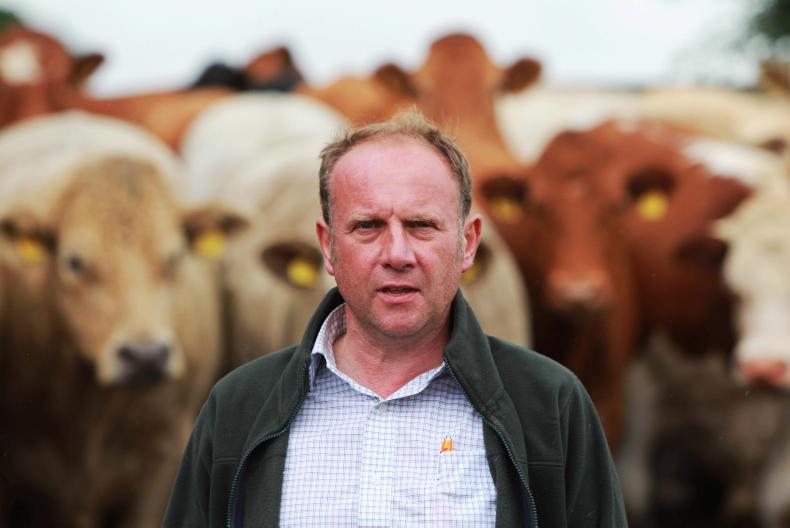
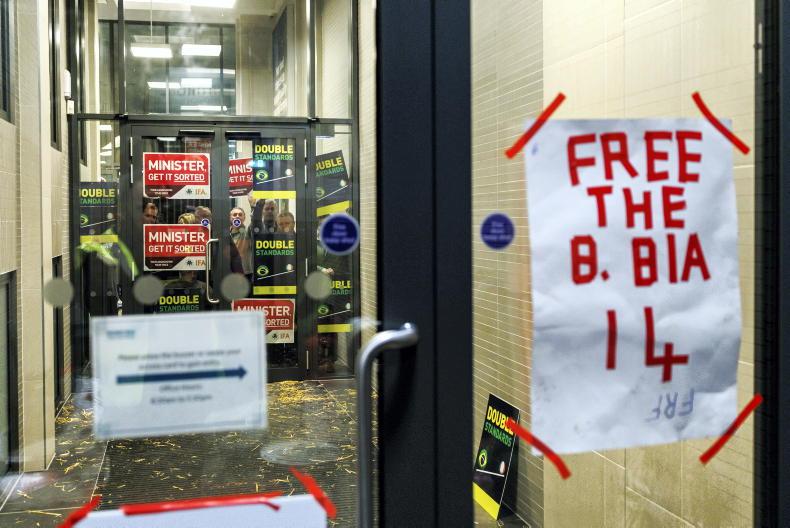

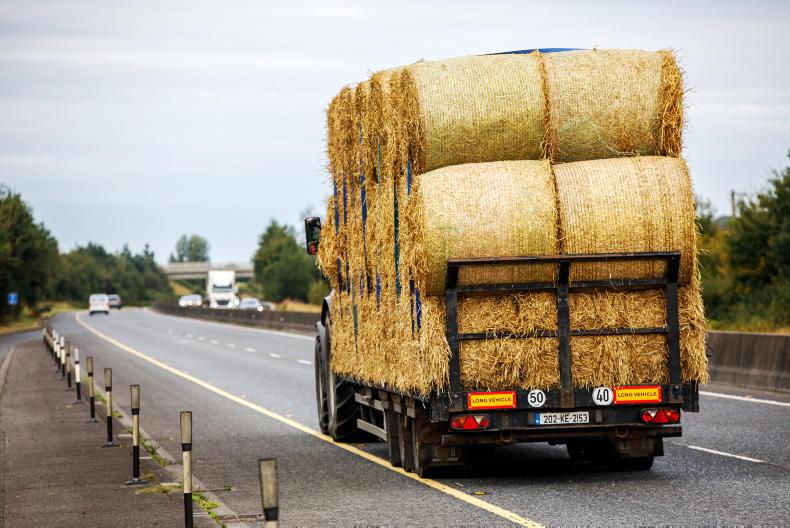
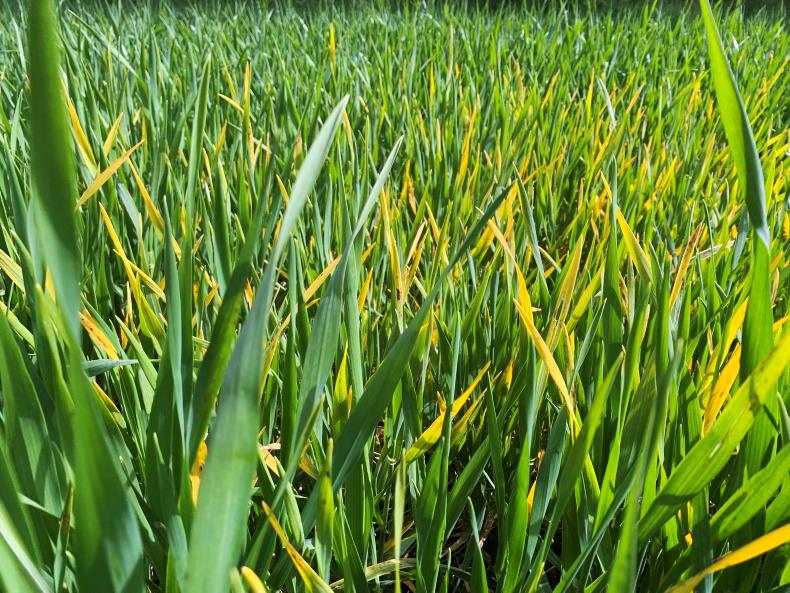
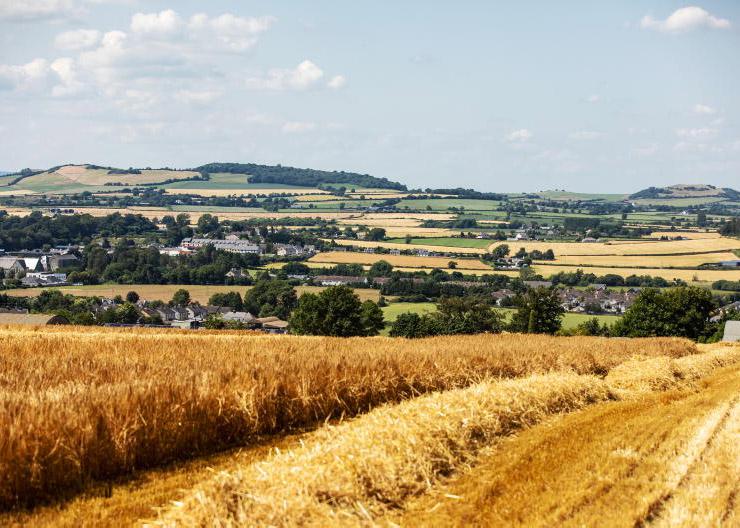
SHARING OPTIONS